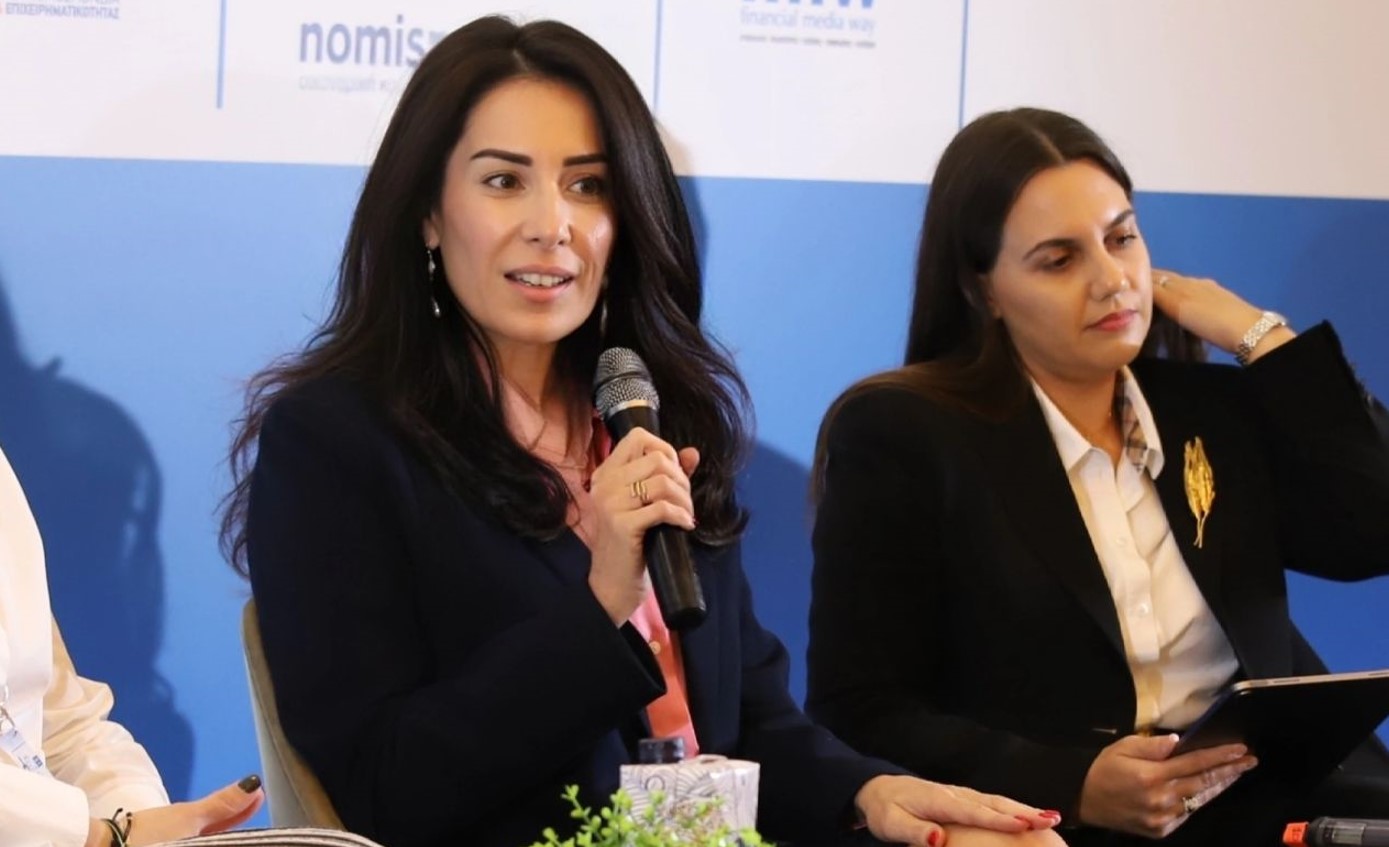The traditional HR model is obsolete, according to Perha Group founder Mariana Hadjiantoniou, who built her consultancy on the need for a people-centred direction.
Hadjiantoniou began her career in human resources long before Perha Group existed, and it was this experience, she said, that gradually convinced her the industry needed a far more people-centred direction.
Speaking to Entrepreneurial Limassol, a periodical published by the Limassol Chamber of Commerce and Industry (Evel), she explained that this realisation eventually became the foundation for Perha Group, which was established in 2014.
As she noted, there was “a very clear need to create an HR consultancy with the human at its core”, particularly as the profession has, in her view, moved well beyond “the traditional HR model of 20 years ago”.
Older setups, she explained, were often administrative in nature, whereas organisations today look for strategic and tailored procedures that genuinely reflect their needs rather than ready-made workflows.
With that shift in mind, she said Perha goes into organisations to design processes that, in her words, “go beyond the traditional way HR used to operate”, relying on custom methodologies “to support each organisation in every phase they are in”.
Although the firm is headquartered in Cyprus, it expanded between 2020 and 2023 by securing a fully registered operating licence in Dubai. She recalled feeling “very proud” when Perha entered the Gulf market officially, adding that the move responded to growing demand from companies experiencing rapid expansion, operational pressure and increasingly complex regulatory obligations.
As the discussion continued, she explained that Perha’s model has gradually taken shape around four interconnected areas, which she considers part of a single, holistic approach rather than separate services.
She began with people and talent, emphasising that the goal is not simply to fill positions but to bring specialised talent into organisations while building processes “that move completely beyond traditional recruitment”.
The underlying principle, she said, has remained constant: “the strength of every organisation is its people”.
From there, she turned to what she described as a more recent requirement in HR — the need for internal business operation and compliance frameworks. Organisations, she noted, are now required to align their procedures with EU directives and wider regulatory obligations.
“We don’t have the option to ignore these requirements,” she said, pointing out that compliance must be embedded in HR’s daily structure rather than treated separately.
Culture, wellbeing and leadership followed naturally in the conversation, and she described this area as the one she is “personally most attached to”.
Perha works closely with C-suite executives on strategic leadership, resilience and long-term wellbeing, aiming to help leadership teams create environments that support both people and operational continuity. The emphasis, she said, is on building strategies that “target resilience and the wellbeing of our people”.
A similar shift, she added, is taking place in employer branding, a field she referred to as Brand Power and Impact. Such programmes have become increasingly relevant in Cyprus, particularly among younger generations.
She said she is pleased to see companies integrating employer-branding strategies into their HR agenda, something that until recently was far more common in international markets.
Reflecting on the firm’s identity, she said Perha’s name was formed around values the team views as fundamental: people, engagement, relationships, happiness and accomplishment.
The strength of any organisation, she stressed again, lies in its people, while engagement, open communication and sustainable wellbeing shape the basis of a healthy workplace.
“Happy to make them happy,” she added, referring to an internal motto used by her team. Accomplishment, she said, links directly to development, progress and achieving organisational goals, a value she sees as essential throughout HR planning.
Looking to the future of the sector, she identified three trends that are already shaping HR strategy. AI, she said, must be integrated rather than avoided, particularly in recruitment, where it is already playing “one of the most important roles” in identifying talent and designing assessments.
Hadjiantoniou also pointed to the rise of remote and hybrid working, saying managers now need new skills and training to lead teams operating under these models.
At the same time, she described mental health and wellbeing as “the key to the future” for organisations, a priority she expects to become even more central in the years ahead.
As for Perha’s own plans, she said the firm intends to strengthen its presence in Cyprus while continuing its expansion in Dubai, particularly in sectors such as fintech, forex and gaming. She added that Perha will broaden its people and talent solutions offering to support organisations relocating or establishing headquarters in Cyprus.
“We want to be pioneers in bringing companies to Cyprus and developing their HR procedures,” she said. Alongside this, the company will continue to develop its coaching, leadership and mentoring services, keeping mental health at the centre for both employees and senior executives.
Finally, Hadjiantoniou referred to plans to work with international organisations in CSR and ESG so that HR processes can align more closely with global sustainability frameworks, allowing the firm to offer, as she put it, “a more holistic service to our clients”.






Click here to change your cookie preferences